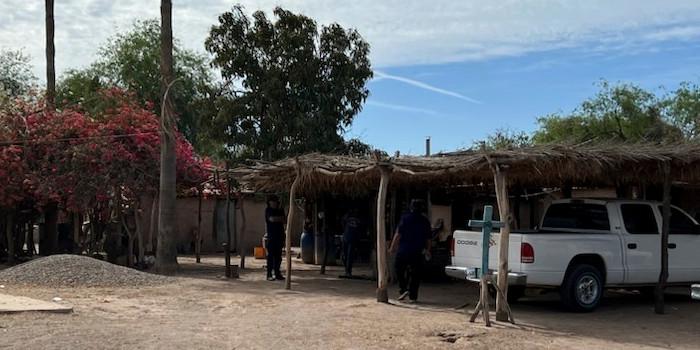(Headline USA) Tribal officials have drafted regulations to make the border-crossing process easier, working with the U.S. Department of Homeland Security‘s recently formed Tribal Homeland Security Advisory Council, comprised of 15 Native officials across the U.S. to reduce border security.
If approved, the rules would become the first clearly established U.S. border crossing procedures specific to a Native American tribe that could then be used by others, according to Christina Leza, associate professor of anthropology at Colorado College.
The regulations would last five years, to be renewed and amended as needed, and require training local U.S. Customs and Border Protection agents and consular personnel on the tribe’s cultural heritage, language and traditions. It would require a Yaqui interpreter to be available when needed. It also would require close coordination with the tribe so border crossings are prompt.
“It will make things more efficient,” said Fred Urbina, attorney general for the Pascua Yaqui Tribe.
Urbina said the tribe has met with Homeland Security Secretary Alejandro Mayorkas about the proposal.
DHS did not immediately respond to repeated requests for comment by phone and email on the status of the regulations.
When family members, deer dancers or musicians living in Sonora, Mexico, make the trip into the U.S. for ceremonies, tribal recognition celebrations or family events, they are typically issued an ID card from the tribe and a visitor visa or parole permit from the U.S. government.
Still, like all others crossing the border, they face border officials.
Raymond V. Buelna, a cultural leader for the Pascua Yaqui Tribe, reported making the roundtrip about 18 times in the last two years, but he complained that he was detained on four of them.
He whined that border officials question the people he’s escorting, whose first language is Yaqui, without an interpreter.
He also complained that agricultural objects, such as deer and pig hooves, have been confiscated.
Buelna further disliked the fact that officials, who are charged with ensuring that no illegal goods are smuggled into America, have touched ceremonial objects while inspecting them.
Urbina explained that the tribe, like all other border crossers, encountered new challenges when border security was heightened.
Neither Urbina, the tribe, nor the tribe’s attorney commented on America’s need to protect her citizens from the dangers accompanying lax immigration regulations.
Adapted from reporting by the Associated Press

